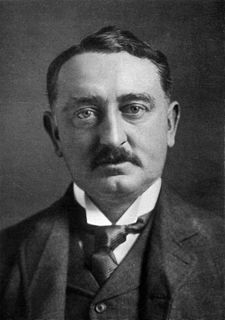A Quote by Lucy Powell
The era of industrial Britain, where a large section of our workforce provided cheap labour in factories and processing goods is over.
Related Quotes
From the 1920s into the 1940s, Britain's standard of living was supported by oil from Iran. British cars, trucks, and buses ran on cheap Iranian oil. Factories throughout Britain were fueled by oil from Iran. The Royal Navy, which projected British power all over the world, powered its ships with Iranian oil.
Throughout the industrial era, economists considered manufactured capital - money, factories, etc. - the principal factor in industrial production, and perceived natural capital as a marginal contributor. The exclusion of natural capital from balance sheets was an understandable omission. There was so much of it, it didn't seem worth counting.
We need to realize that these industrial methods of farming have gotten us used to cheap food. The corollary of cheap food is low wages. What we need to do in an era when the price of food is going up is pay better wages. A living wage is an absolutely integral part of a modern food system, because you can't expect people to eat properly and eat in a sustainable way if you pay them nothing. In fact, it's cheap food that subsidized the exploitation of American workers for a very long time, and that's always been an aim of cheap food.
Turkey has had a customs union with Europe since 1996, and there's free trade in everything other than farm products and services. And Turkey has shown that it can compete. It's good at making cheap goods - household appliances, food, detergents, cheap clothes. And they make a lot of white goods, cheap TVs, washing machines, electric appliances, steel, and, recently, auto parts. And Turks are gradually moving into IT.
































